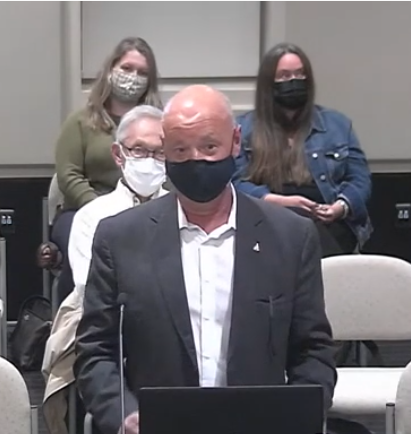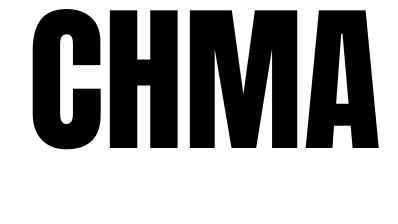Wednesday on TR: Green resilience in Tantramar; finding the right mask for Omicron

Today’s features on Tantramar Report:
Green Resilience in Tantramar
We’ve all seen how the disruption of the pandemic has reached into nearly all aspects of our lives, from how we seek entertainment to how we make our livelihoods. And we’ve seen how the upheaval has affected the most vulnerable in society the most.
The same pattern is poised to repeat itself with regard to the other global emergency we’re facing: the effects of climate change. A group of people in the Tantramar Region tried to address that topic head on recently, in a discussion about Green Resilience, addressing climate impacts and their corresponding threats to income security.
Local environmental consultant Margaret Tusz-King organized the community conversation. On today’s Tantramar Report, David Gordon Koch speaks with Tusz-King about what she heard at the Tantramar Green Resilience conversation, and also with conversation participant and new Sackville resident Saly Davis, who points out that climate anxiety can be even worse for people of colour and immigrants who are already dealing with racism and bias.
Which mask is best?

Rules and recommendations around mask use have been evolving throughout the pandemic, and the Omicron wave, with its incredible transmissibility, is bringing yet another set of changes.
Recently Mount Allison instructed its students, staff, and faculty to stop using their cloth masks, in favour of medical grade surgical masks or N95 or KN95 respirators. Education minister Dominic Cardy said that as part of the province’s return to school plan, a supply of medical-grade masks has been secured for teachers and school staff, and students are being asked to wear three-layer masks to school when they return.… Continue
Rural Health Action Group calls for immediate action to repair “fundamentally broken” relationship with Horizon, province

The co-chairs of the Memramcook-Tantramar Community Task Force and the Rural Health Action Group are angry, and they’re not playing nice anymore.
In a strongly-worded letter addressed to the premier, Minister of Health Dorothy Shephard, Horizon CEO John Dornan, and other Horizon managers, the group says the relationship with Horizon management and the department of health has been “fundamentally broken” after an announcement on Friday informing them the Sackville Memorial Hospital would be closing its acute care unit.
Read the full letter of response here (pdf).
“We are embarrassed by our efforts to recruit people for jobs you seem to have no plans to actually offer. We are humiliated in the face of increasing numbers of citizens who ‘told us so’ about the government’s disingenuous nature. We believe that you don’t even understand your own Action Plan; it’s folly to think you can do ‘business as usual’ and then expect different results,” states the letter, signed by former Sackville mayors Pat Estabrooks and John Higham, and former councillor Margaret Tusz-King.
The Rural Health Action Group has been mobilizing since the summer, when Horizon announced cuts to ER service at the Sackville hospital, reducing it to 8 hours per day on weekends. That has since been expanded to a full seven days.
The group secured $15,000 in funding from the Town of Sackville to put toward recruitment activities, and has plans to work with the hospital foundation to fundraise further.
Group leaders were meeting with Horizon management, and had been informed that the most recent cuts to ER service were being made in order to maintain staffing levels for acute care.… Continue
